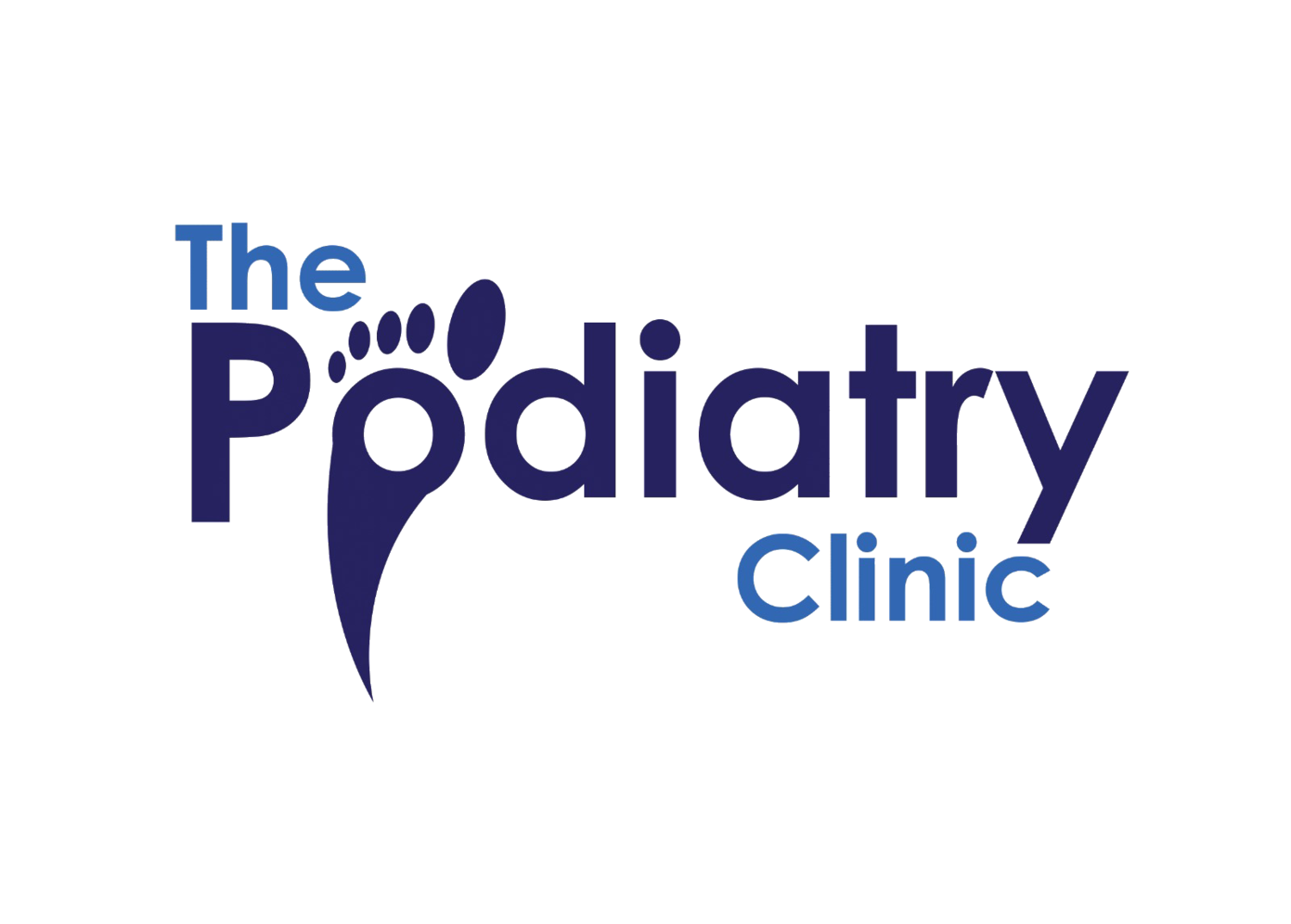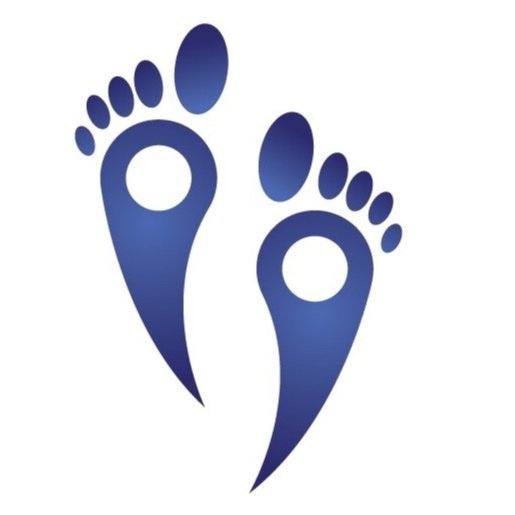
VERRUCA TREATMENT IN HARBORNE BIRMINGHAM
Verruca/Wart
What are Verruca?
Verruca, or plantar warts, are caused by the Human Papilloma Virus (HPV), and commonly occur on the soles of the feet or around the toes. HPV is highly contagious and is passed on through person to person contact. It is possible to contract the virus simply by walking barefoot in places such as swimming pools or communal changing areas, where the virus thrives. Verruca are not dangerous but they can be painful to walk on, especially if they develop on areas of the foot that takes a lot of weight.
How are Verruca treated?
As always, prevention in better than the cure. If you are using communal changing rooms, wear flip flops. If you do develop a verruca, don’t worry too much, in many cases they will resolve without treatment. If you develop a verruca and it is painful or unsightly, there are many ways to treat it. There are self-treatments which are available from the pharmacy, some caution should be used when using these and always read and follow the instructions. If self-treatment has failed then see your Podiatrist in Harborne Birmingham who can discuss your treatment options which may include the use of caustics, cryotherapy, or needling.
Breakthrough Treatment for Verrucas and Warts
Swift has been used to treat and cure verrucas in thousands of people all throughout the UK (and the world). People who have been suffering for decades and have been cured in just a few treatment sessions are what make this treatment so astounding.
Many individuals have given up on therapies for intractable verruca - Swift gives such patients new hope, as well as complete freedom from the ailment in nearly 80% of cases.
What is Swift®?
Swift is a new technique created in the United Kingdom that podiatrists may use to cure verrucas and warts on the hands.
Swift treats the damaged tissue with microwave radiation supplied through a specific probe placed to the skin. A single session can cure many verrucas and even warts. The procedure is quick and painless, and no anaesthetic or dressings are required.
Patient experience
Frequently Asked Questions
Does it hurt?
Some discomfort may be encountered, like with many other treatments for skin lesions. Your podiatrist may opt to use a blade to minimise the lesion before therapy.
The intensity of pain varies from person to person, but most people who have had rapid microwave treatment describe it as a sudden heat that lasts 2–3 seconds before dissipating.
What can I do once I've completed treatment?
The treated region may be painful in certain circumstances, but this will not prevent you from going about your everyday routine. There are no dressings required, and your foot can be moist.
I'm not sure how many treatments I'll need.
This is contingent on your treatment response. You may require more than one therapy in some situations. Your podiatrist will be able to talk to you about it.
At the same time, many verrucas and even hand warts can be treated.
Swift Microwave treatment eradicated 83 percent of the most persistent verrucas in a recent study. Three treatments at four-week intervals yielded the best outcomes.
Is this therapy available to anyone?
Most patients with skin lesions would be able to get this therapy, with a few exceptions. It is appropriate for older children and diabetics with adequate circulation and senses who are at low risk. Prior to treatment, your podiatrist will do an examination and will be able to advise you on this.





